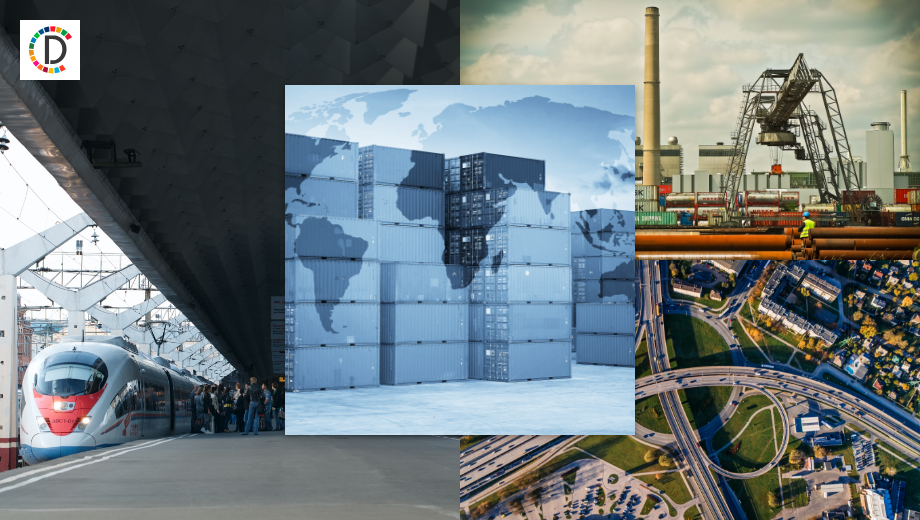Indian Railways to provide training, IT solutions to Bangladesh Railway

- Country:
- India
The Indian Railways will provide training to the employees of the Bangladesh Railway as well as offer IT solutions for the computerisation of its passenger ticketing and freight operations, according to two MoUs inked between the two countries on Tuesday.
The two MoUs were signed during Bangladesh Prime Minister Sheikh Hasina's ongoing visit to New Delhi.
One memorandum of understanding (MoU) signed between the Ministry of Railways (Railway Board), Government of India and the Ministry of Railways, Government of Bangladesh on training Bangladesh Railway personnel in India envisages a framework of cooperation and to facilitate the training at the institutes of the Indian Railways.
This will include conducting seminars, workshops, classroom and field trainings. The Indian Railways will also coordinate with officials in the neighbouring country as required, including for visiting and assisting in setting up and improving training facilities in Bangladesh and study requirements, officials said.
The other MoU is on ''Collaboration in IT systems such as FOIS and other IT applications for Bangladesh Railway''.
This will include information technology solutions for all aspects of the Bangladesh Railway -- computerisation of passenger ticketing, freight operation and control office, train inquiry system, digitisation of asset management, human resource and finance infrastructure -- through the Centre for Railway Information Systems (CRIS).
A number of infrastructure projects were inaugurated, announced and unveiled during Hasina's visit to New Delhi.
This includes the unveiling of the Unit I of the Maitree power plant. The 1,320 (660x2) MW super critical coal-fired thermal power plant at Rampal, Khulna is being set up at an estimated cost of approximately USD 2 billion with USD 1.6 billion as Indian Development Assistance under the Concessional Financing Scheme.
The two countries also inaugurated the 5.13-km Rupsha rail bridge, which is a key part of the 64.7-km Khulna-Mongla Port single-track broad gauge rail project, connecting Mongla Port with Khulna by rail for the first time, and thereafter, to central and north Bangladesh and also to the country's border with India at Petrapole and Gede in West Bengal.
''The inauguration of the railway bridge over the Rupsha river is a remarkable step towards enhancing connectivity. This bridge is an important part of the new railway line being built between Khulna and Mongla Port under India's Line of Credit. India will continue to extend all support for the development and expansion of Bangladesh's railway system,'' Prime Minister Narendra Modi said in a statement during a joint media appearance with Hasina.
An announcement was also made that India would supply road construction equipment and machinery in 25 packages to the road and highways department of the Bangladeshi government.
The Khulna-Darshana railway line link project was also announced to upgrade the existing (doubling of broad gauge) infrastructure, linking the current cross-border rail link at Gede-Darshana to Khulna and thereby augmenting the rail connections between the two countries, especially to Dhaka, but also in future, to Mongla Port.
The project cost is estimated to be USD 312.48 million.
''With the expansion of connectivity between our two countries and the development of trade infrastructure on the border, the two economies will be able to connect more with each other, support each other. Our bilateral trade is growing rapidly. Today, India is the largest market in Asia for Bangladesh's exports. To further accelerate this growth, we will soon start discussions on the Bilateral Comprehensive Economic Partnership Agreement,'' Modi said.
Another project, Parbatipur-Kaunia railway line, will see the conversion of the existing metre-gauge line to dual-gauge line at an estimated cost of USD 120.41 million. The project will connect to the existing cross-border rail at Birol (Bangladesh)-Radhikapur (West Bengal) and enhance bilateral rail connectivity.
(This story has not been edited by Devdiscourse staff and is auto-generated from a syndicated feed.)










